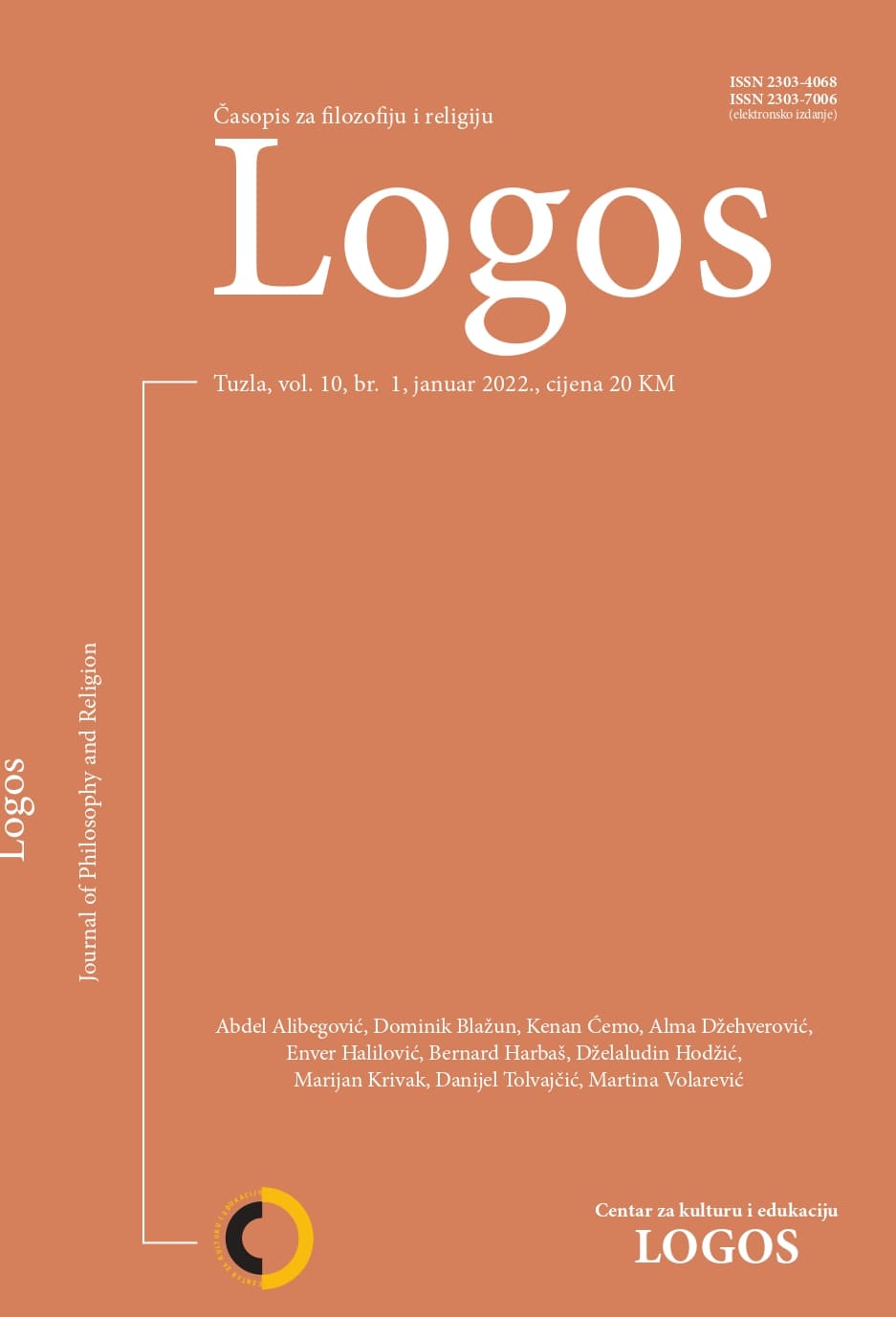ZNAČENJE I ULOGE SVETOG ČOVJEKA U CIRKUMMEDITERANSKIM RELIGIJAMA (STUDIJA IZ FENOMENOLOGIJE RELIGIJE)
THE MEANING AND ROLES OF THE HOLY MAN IN CIRCUM MEDITERRANEAN RELIGIONS ACCORDING TO THE PHENOMENOLOGY OF RELIGION
Author(s): Dominik Blažun, Danijel TolvajčićSubject(s): Christian Theology and Religion, Philosophy of Religion, Phenomenology
Published by: Logos – Centar za kulturu I edukaciju
Keywords: phenomenology of religion; holy man; Greek and Roman religions; Judaism; Christianity;
Summary/Abstract: The appearance of the “holy man” can be found in many historical and still-existing religions. Along these lines, the purpose of this study is to provide a panoramic and comparative overview of an understanding of the phenomenon of the “holy man” in circum-Mediterranean religions (ancient folk religions, Judaism and Christianity). The viewpoint from which the topic is treated is the classical phenomenology of religion. The authors present and analyze the phenomenon of the holy man in three cultures/religions close to the time of the New Testament and try to answer the question: what is the meaning and role of a holy man in religion? In the first part of the work, the concepts of philosophers/priests in Greek and Roman religions are sketched, then prophets, rabbis, and righteous people in Judaism and ascetics and hermits in Christianity. The second part of the paper tries to synthetically answer the question of the role of the “holy man” in the mentioned religious traditions; thus, it is revealed that the holy man is a “friend and knower of God”, “a sanctifier of the world and man”, “a meeting place with the holy”, “a mediator between the divine and the human” and a key social factor within his community. In conclusion, it is shown that for pagans the holy man is mainly a philosopher, in Judaism, he has primarily a social-religious function, while for Christians he is a unique image of Jesus Christ. They are, each for their religion, a living embodiment of all the important values that a religious person strives for. And yet, all of them are decorated with the same virtues and values: diligent work to acquire sacred knowledge, disdain for vain pleasures, and, most importantly, closeness to other people manifested in different ways.
Journal: Logos – časopis za filozofiju i religiju
- Issue Year: 10/2022
- Issue No: 1
- Page Range: 83-110
- Page Count: 28
- Language: Croatian

